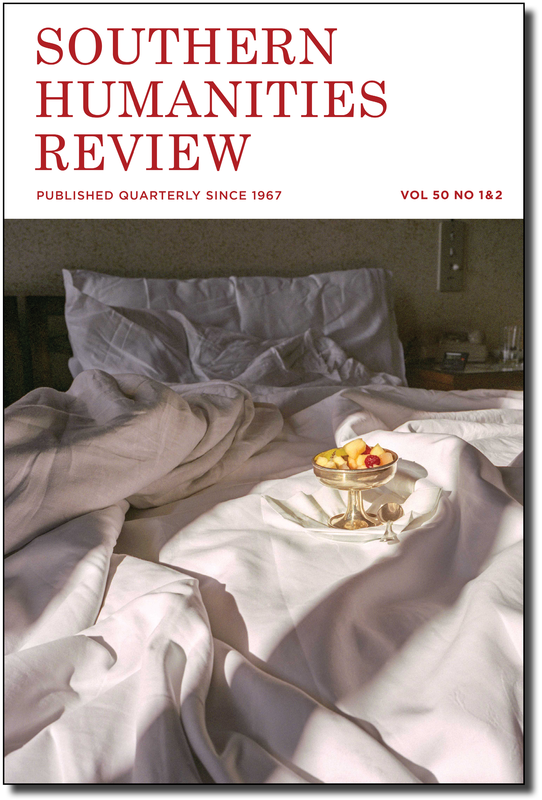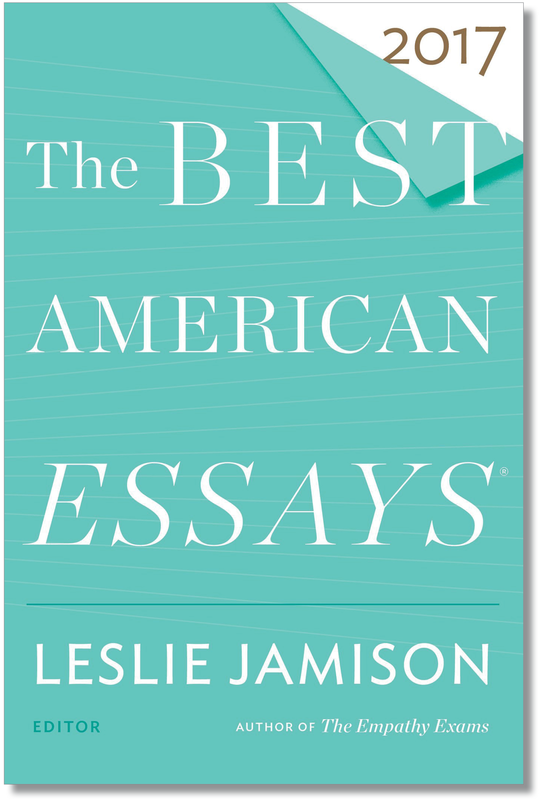|
Vertical Divider
|
VOLUME 50.1&2
THIS ESSAY IS LISTED AS A NOTABLE ESSAY IN BEST AMERICAN ESSAYS 2017
ADVERTISEMENT
|
CURRENT ISSUE
|
CONTACT
|
DEPARTMENT OF ENGLISH
|




